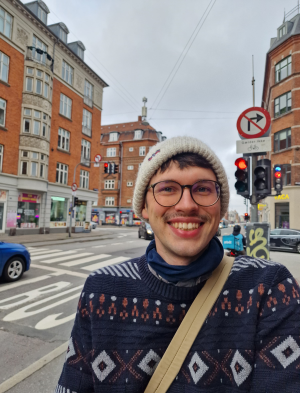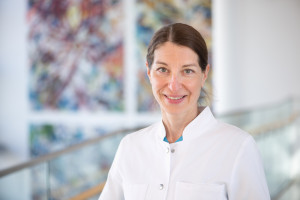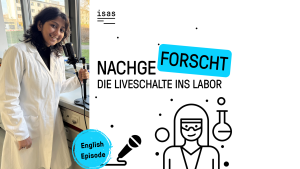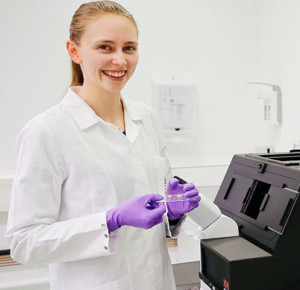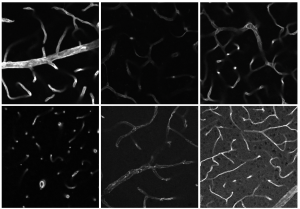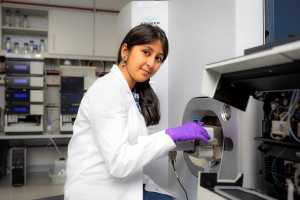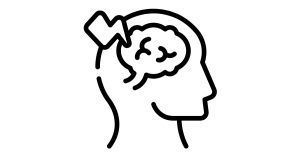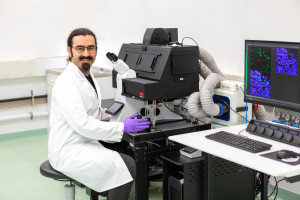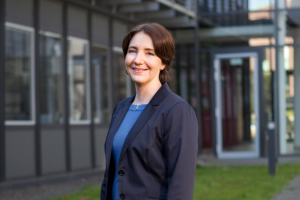Dortmund, 27th January 2023
Understanding and predicting the behaviour of cells in normal, regenerative and pathological contexts – these are the goals of the Allen Institute for Cell Science. To achieve this, the non-profit research organisation develops multi-scale visual models of cell organisation, dynamics and activity. Its software programmes are freely accessible to researchers worldwide (open source). They are part of the Allen Cell Explorer, a portal for cells, cell biology, data and tools. The portal provides insight into the organisational diversity of human stem cells and delivers matching open data, cell lines, plasmids and models. Human stem cells from the test tube, so-called induced pluripotent stem cells, are the subject of a recently published paper in Nature.
How does a subset of expressed genes dictate cellular phenotype – the visible properties of cells? Finding the answer to this question is a considerable challenge for scientists due to the large number of molecules involved, their combinatorics and the abundance of cellular behaviors that determine this phenotype. Scientists at the Allen Institute for Cell Science have recently succeeded in developing a framework for the analysis of integrated intracellular organization and its variations in human iPS cells, based on datasets of 200,000 living cells in 3D and a set of 25 key structures.
A framework is a basic software scaffold that developers can use to build computer applications. The framework developed at the Allen Institute for Cell Science allows for programming analysis software that converts raw image data of iPS cells and their structures into dimensionally reduced, quantitative analyses.
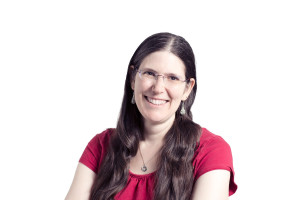
Dr Susanne Rafelksi is a biochemist and has been Deputy Director of Scientific Programmes at the Allen Institute for Cell Science since 2020.
How the framework will exactly advance stem cell analysis is the topic of Dr. Susanne Rafelski's presentation, "Integrated intracellular organization and its variations in human iPS cells," at ISAS on February 7.
Tuesday, February 7
10.30 am
Webex
https://t1p.de/rk032
Meeting ID: 2730 175 0712
Password: uMegm3Dw5B5
Rafelski is deputy director of scientific programmes at the Seattle institute – and corresponding author of the Nature publication. ISAS has a cooperation with the Allen Institute for Cell Science. The AMBIOM working group led by Dr Jianxu Chen is in charge here. The 34-year-old worked at the Allen Institute for Cell Science for four years before joining ISAS.
(Sara Rebein)
